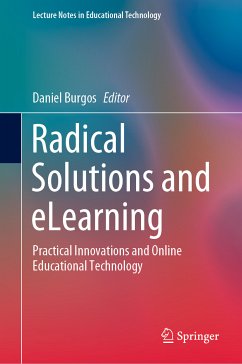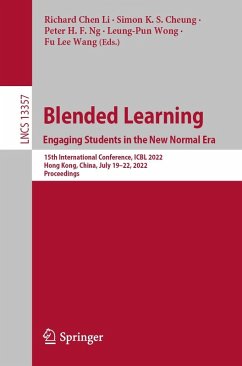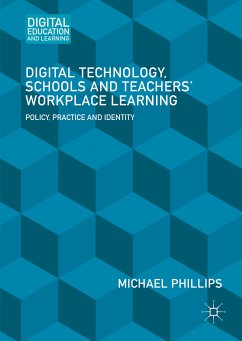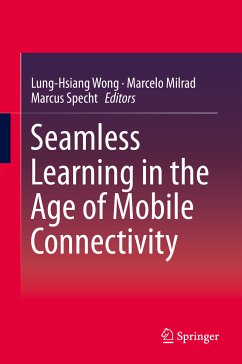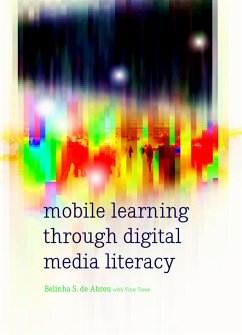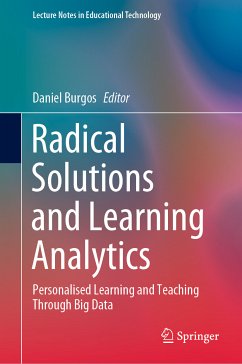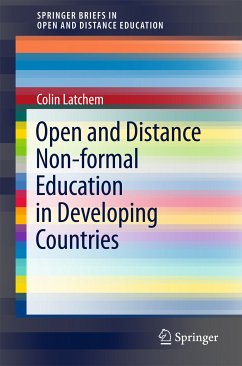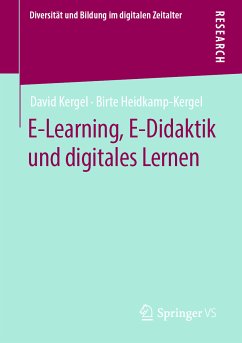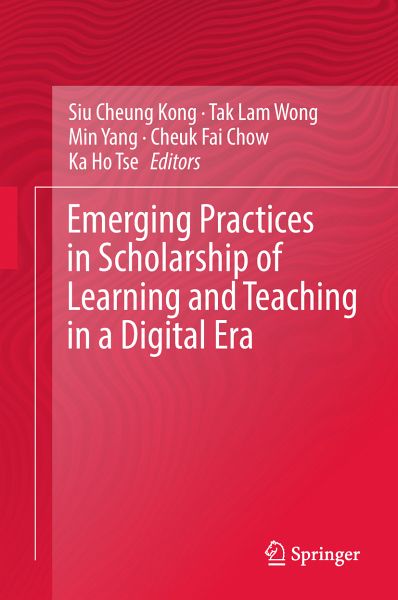
Emerging Practices in Scholarship of Learning and Teaching in a Digital Era (eBook, PDF)

PAYBACK Punkte
36 °P sammeln!
In this book, we put forward a holistic conceptual framework for implementing Scholarship of Learning and Teaching (SoLT) in higher education. Unlike previous SoLT studies, which usually focus on a specific aspect, here various aspects are integrated into a holistic framework. Further, it identifies three main stakeholders, namely, the higher education institution, teaching staff, and students. These stakeholders are in turn connected by four interlocking themes: staff professional development, enhancement of student learning experiences, assessment, and digital technologies.Presenting chapter...
In this book, we put forward a holistic conceptual framework for implementing Scholarship of Learning and Teaching (SoLT) in higher education. Unlike previous SoLT studies, which usually focus on a specific aspect, here various aspects are integrated into a holistic framework. Further, it identifies three main stakeholders, namely, the higher education institution, teaching staff, and students. These stakeholders are in turn connected by four interlocking themes: staff professional development, enhancement of student learning experiences, assessment, and digital technologies.
Presenting chapters that address these four themes, this book supports the advancement of SoLT in higher education in relation to existing theories and emerging practices. By helping academics and leaders in higher education to implement SoLT for the improvement of student learning and teaching practices, it also makes a valuable contribution to the field of teacher education.
Presenting chapters that address these four themes, this book supports the advancement of SoLT in higher education in relation to existing theories and emerging practices. By helping academics and leaders in higher education to implement SoLT for the improvement of student learning and teaching practices, it also makes a valuable contribution to the field of teacher education.
Dieser Download kann aus rechtlichen Gründen nur mit Rechnungsadresse in A, B, BG, CY, CZ, D, DK, EW, E, FIN, F, GR, HR, H, IRL, I, LT, L, LR, M, NL, PL, P, R, S, SLO, SK ausgeliefert werden.



